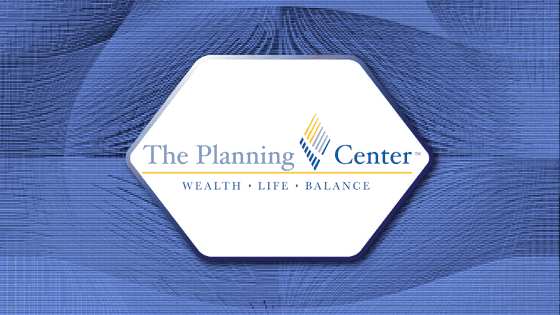By Marty Kurtz, CFP®, Retired Founder of The Planning Center, Inc.

I started in the financial services industry thirty-six years ago. The financial world was quite different than it is today. Like most entrants I was a career changer and the CFP® Mark was just ten years old. There was as much excitement about a new way of providing financial services. There was also much discussion about what it all meant, with many saying the change was a passing fad or some say a sales technique, while others were saying things were changing forever. It was the launch of a new profession. The accelerant being the immense amount of information along with the ability to communicate faster to a more educated population. A population that had to deal with increasing complexity, and add to that, people were living longer, much longer. Combine these realities with the fact that with longevity came the responsibility to taking care of oneself financially and economically for an unprecedented length of time (the rest of your life!). Laws and institutions were altered and created to facilitate in the words of financial planner Dick Wagner, “Money has become the most powerful secular force in the universe.” My reframing of that statement says” Money isn’t the most important thing on earth, but it effects what is!”
Gradually a new set of needs came into play as economic futures based on complex relationships which involved trillions of dollars. Statistically none of us can take care of ourselves. We can’t produce the clothes we wear; we can’t build and or repair our transportation or maintain our healthcare. Any number of things that we need to exist today we have no ability to create on our own. This complexity, our need to rely on others to help us exist creates a vulnerability that our predecessors didn’t have. Vulnerability creates greater risk because we are depending on others to provide what we need in our complex way of existence. The more specialized we get the more dependent we are on others, the more vulnerable we become. More vulnerable because we are depending more on that relationship with others.
Three hundred years ago people did not need financial planning. The economic world was built around the feudal system. Everything was owned by the King, Queen or the Crown (State) and if you lived on the property you were taken care of by the court. There was no working your way up the ladder. If you did not live in the feudal court, you were forced to be a “rugged individualist” and live in the wilderness alone and support yourself and your family’s needs. When the Industrial Revolution came about, people still did not need financial planning, but a steady paycheck would mean choices on workplace, job, hours worked and how you wanted to handle the family money.
Complexity calls for unique answers to problems that develop though relationships. The answer in one relationship may not be the same in another relationship. In order to deal with the vulnerability that complexity creates, having a third party involved in the conversation is mandatory for optimal discovery and real understanding of the options available around your life and with money. The need for a special type of relationship is created with that third party. On the one hand the third party (intermediary) must be knowledgeable about the people involved in the conversation and the issues that are being presented. There must be total disclosure and transparency on all discussions and any potential conflicts of interest. Why is this important? Because this is the way long term relationships are successful. In the action of sharing of disclosure, transparency and putting the needs of the client before that of the third party we find virtue, where happiness lives. These things elevate the relationship to one of honor and trust which are also the building blocks for long term successful fiduciary relationships. Fiduciary meaning the elements of the relationship are built around transparency, disclosure and putting a client’s interests first.
We have tools to help us understand our relationship with money and our relationships with each other. We have started to understand our reciprocal needs and concerns along with our complexities that make us so vulnerable. We live in a world of uncertainty and we know that isn’t going to change. What will financial planning be like in the future? Where do we go from here? I believe in the power of financial planning. I believe in talking together to understand where you are today and what options are available. I believe we must be involved in the process of questioning where we are now and where we are going. I believe we must understand what we control is centered around our behavior and our decisions and that the outside world will influence us but not control us.
We must always be aware of others in this world and in our environment so that we are good stewards of our global resources. We must live up to our stated Mission that we provide a safe place for families to talk about money and work through the transitions of life. The guideposts are the TPC values which are
- Forward looking – We make decisions today with future generations in mind
- Wisdom – We learn and teach continuously
- Collaboration – We build powerful relationships by working toward common goals
- Objectivity – We listen and keep an open mind
- Responsibility – We hold ourselves accountable for pursuing the highest standards
Our promise is to strive to be better, to listen to all our stakeholders and lead us all to that new horizon of a better relationship with our money, our friends and family.
The Planning Center is a fee-only financial planning and wealth management firm. Contact us today.






